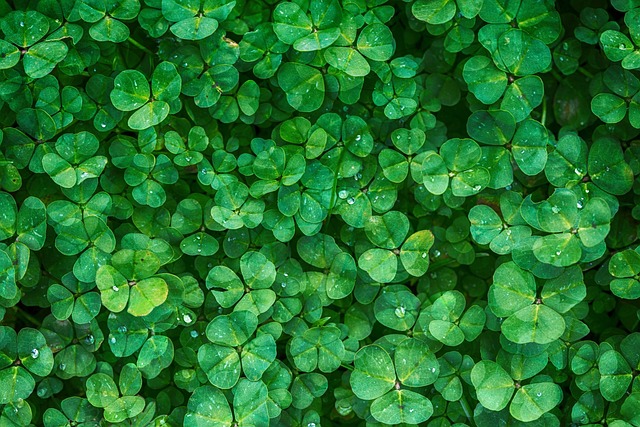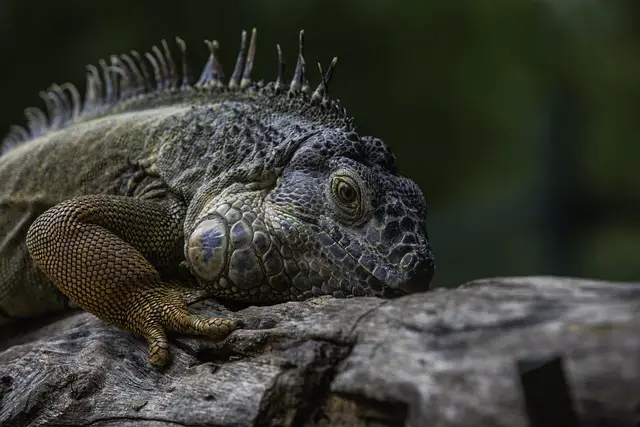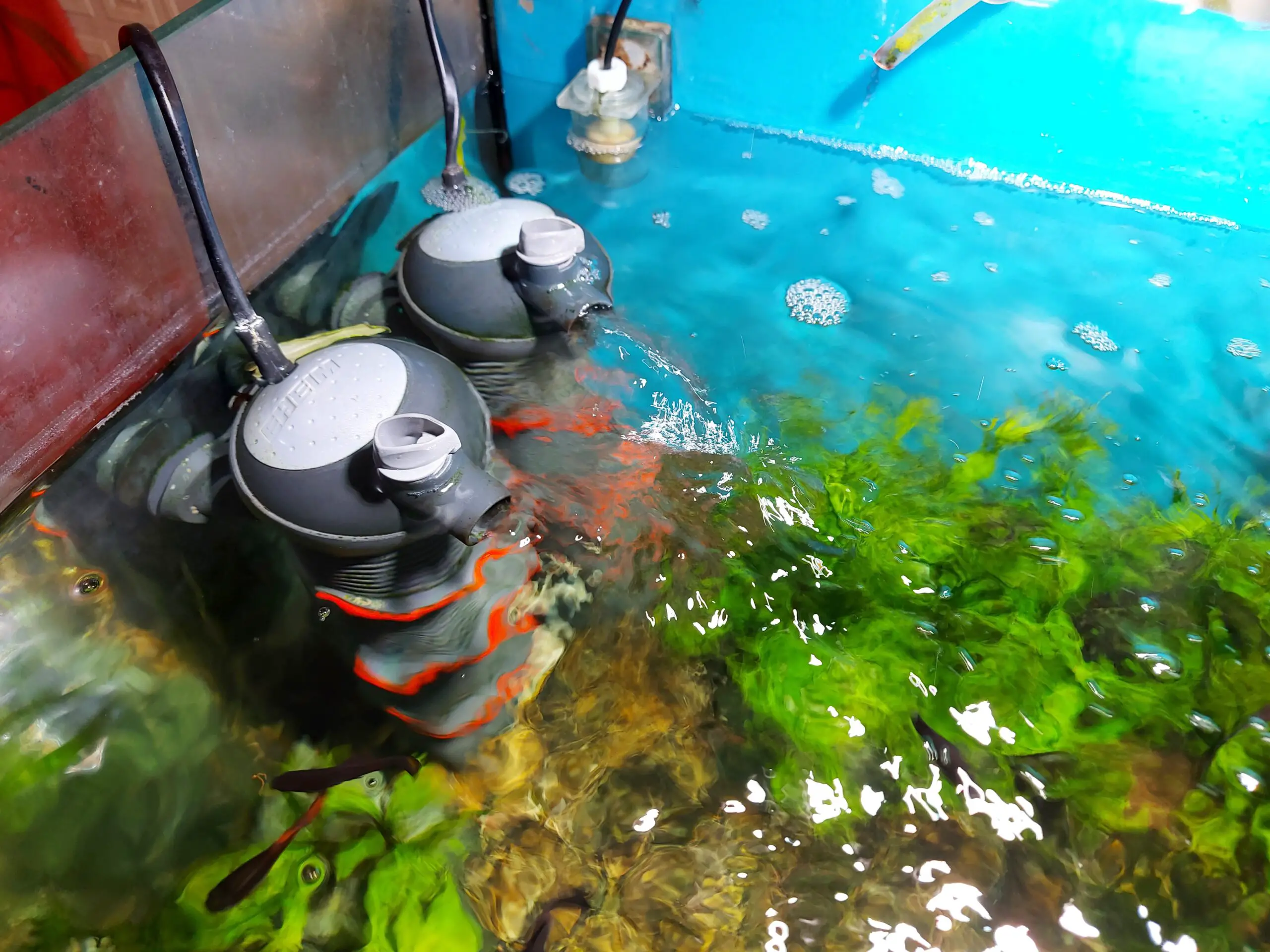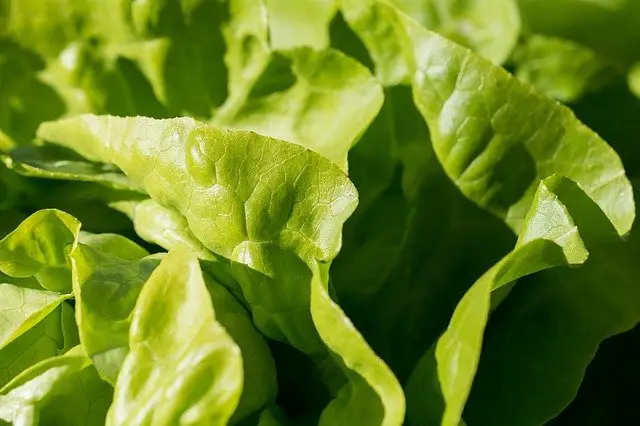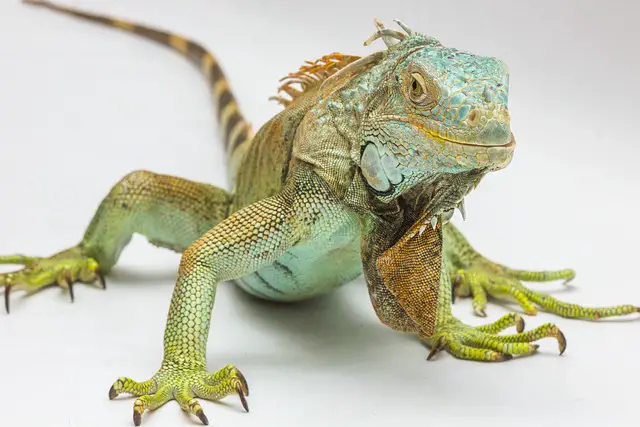Bearded dragons are one of the most popular reptile pets in the world and for good reason. These docile creatures are easy to care for and have a friendly disposition. However, it can be challenging to know what foods are safe and healthy for them to eat when it comes to feeding them. One question that often comes up is whether bearded dragons can eat clover.
Clover is a common plant that is often found in gardens and lawns. It is a member of the legume family and is known for its small, three-leafed clusters.
While some may assume that bearded dragons can eat clover due to its prevalence, the truth is more complicated.
While clover is not toxic to bearded dragons, it is not an ideal food source.
Overall, bearded dragons require a balanced diet that includes a variety of fruits, vegetables, and insects. While clover can be given to them in small amounts, it should not make up a significant portion of their diet.
This article will explore whether bearded dragons can eat clover and provide insights into the best foods to feed these beloved pets.
Can Bearded Dragons Eat Clover?
Benefits of Feeding Clover to Bearded Dragons
Clover is a plant that is safe for bearded dragons to eat. It is a good source of fiber, vitamins, and minerals essential for their health.
Clover is also low in fat, making it a good option for bearded dragons that are overweight or prone to obesity.
Feeding clover to bearded dragons can also help to promote good digestion and prevent constipation. It can also give them variety in their diet, essential for their overall health and well-being.
Risks of Feeding Clover to Bearded Dragons
While clover is generally safe for bearded dragons to eat, there are some risks to consider. One of the main risks is that clover can contain high levels of oxalates, which can bind to calcium and prevent its absorption.
This can lead to calcium deficiency and other health problems over time.
Another risk of feeding clover to bearded dragons is that it can be contaminated with pesticides or other chemicals.
This can be harmful to their health and should be avoided.
Finally, bearded dragons should not be fed clover growing in a location where other animals, such as dogs or cats, may have urinated. This can increase the risk of bacterial contamination and other health problems.
Alternative Foods for Bearded Dragons
While bearded dragons are primarily fed a diet of insects and greens, it’s essential to offer a variety of foods to ensure they receive all the nutrients they need. Here are some alternative foods that can be added to a bearded dragon’s diet:
Safe Vegetables
Bearded dragons can eat a variety of vegetables, including:
- Collard greens
- Mustard greens
- Kale
- Bok choy
- Squash
- Zucchini
- Carrots
- Green beans
It’s important to chop these vegetables into small pieces and remove any seeds or pits before feeding them to your bearded dragon.
Safe Fruits
Fruits can be a tasty treat for bearded dragons but should be fed in moderation due to their high sugar content. Safe fruits include:
- Apples (without seeds)
- Berries (strawberries, raspberries, blueberries)
- Mango
- Papaya
- Watermelon (without seeds)
Again, it’s important to chop these fruits into small pieces and remove any seeds or pits before feeding them to your bearded dragon.
Safe Insects
Bearded dragons require a diet high in protein, which can be provided by feeding them insects. Safe insects for bearded dragons include:
- Crickets
- Dubia roaches
- Mealworms (in moderation)
- Superworms (in moderation)
- Black soldier fly larvae
You must gut-load these insects with nutritious food before feeding them to your bearded dragon. Additionally, dust them with calcium and vitamin D3 supplements before providing them to ensure your bearded dragon gets all the necessary nutrients.
What is Clover?
Clover is a type of plant that belongs to the legume family. It is a small, flowering plant commonly found in fields and meadows. Clover leaves are typically green and have three leaflets, although some species have four or more leaflets. The leaves are often used as a food source for livestock, and some people also consume clover leaves as part of their diet.
There are several clover species, including white, red, and crimson clover. White clover is the most common species and is often used as a ground cover in lawns. Red clover is often used as a cover crop, and crimson clover is used as a forage crop for livestock.
Clover is a rich source of nutrients, including protein, fiber, and various vitamins and minerals. It is also a good source of antioxidants, which can help protect the body against damage from free radicals.
Nutritional Value of Clover
Clover is a common plant that belongs to the legume family. It is a popular food source for many herbivorous animals, including bearded dragons. In this section, we will discuss the nutritional value of clover and its benefits for bearded dragons.
Protein Content
Clover is a good source of protein for bearded dragons. Protein is essential for the growth and repair of muscles, tissues, and organs.
Clover contains about 25% protein, higher than many other plants. However, it is essential to note that the protein quality in clover is not as high as animal-based proteins. Therefore, bearded dragons should not rely solely on clover for protein needs.
Vitamin and Mineral Content
Clover is also a good source of vitamins and minerals for bearded dragons. It contains high calcium levels, which are vital for bone health and muscle function. It also has vitamin A, essential for vision, immune function, and skin health. Additionally, clover contains vitamin C, which is vital for immune function and wound healing.
Other minerals found in clover include potassium, phosphorus, and magnesium. These minerals are essential for various bodily functions, including nerve and muscle function, energy production, and bone health.
However, it is essential to note that clover also contains oxalates, which can bind to calcium and prevent absorption. Therefore, bearded dragons should not consume clover in excess, as it can lead to calcium deficiency.
Conclusion
Bearded dragons can eat clover in moderation but should not be a diet staple. While clover is not toxic to bearded dragons, it does not provide significant nutritional value and can cause digestive upset if consumed in large quantities.
Owners should offer a variety of leafy greens and vegetables to ensure their bearded dragon receives a balanced diet. Clover can be a fun and occasional treat, but it should not replace other essential foods.
Ultimately, the decision to feed clover to a bearded dragon is up to the owner. However, it is essential to remember that a healthy and balanced diet is crucial for the well-being of any pet.

